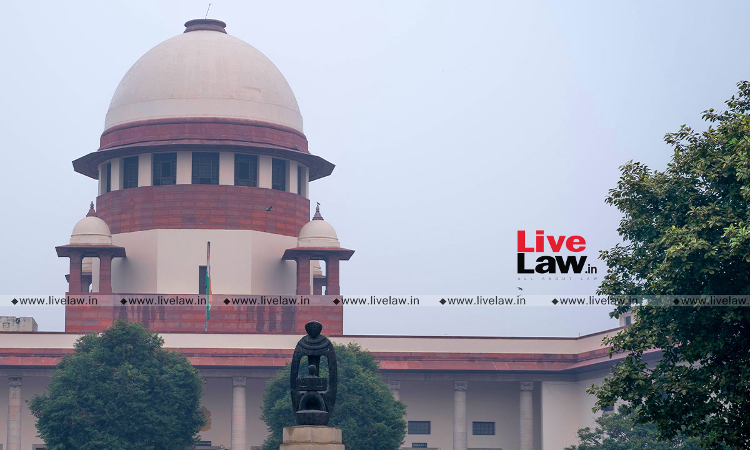MCOCA - More Than One Charge-Sheet Is Not Required To Be Filed With Respect To Each Accused Person : Supreme Court
Ashok KM
27 Aug 2022 9:15 AM IST

Next Story
27 Aug 2022 9:15 AM IST
The Supreme Court observed that, in MCOCA cases, more than one charge-sheet is not required to be filed with respect to each accused person.Charge-sheets with respect to the organized crime syndicate are sufficient to fulfil the condition in Section 2(1)(d) of Maharashtra Control of Organized Crime Act, the bench comprising Justices DY Chandrachud and Surya Kant observed.The court also held...
